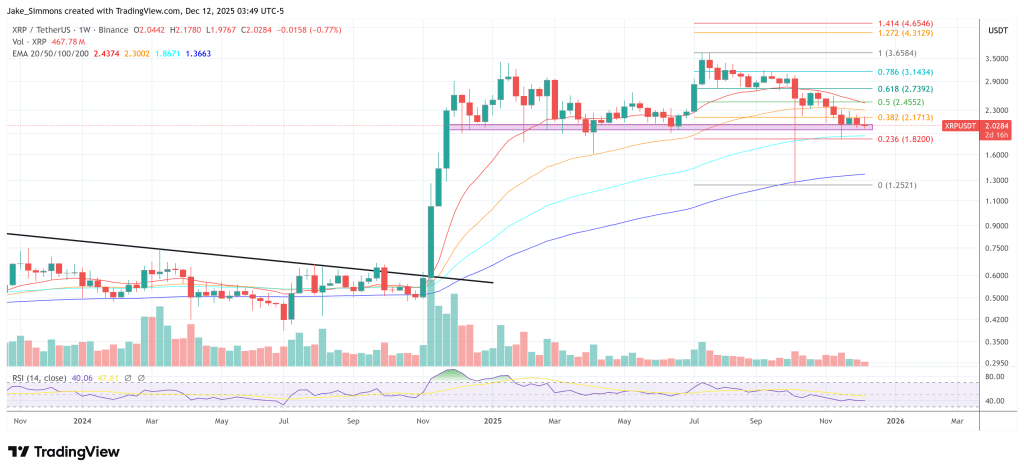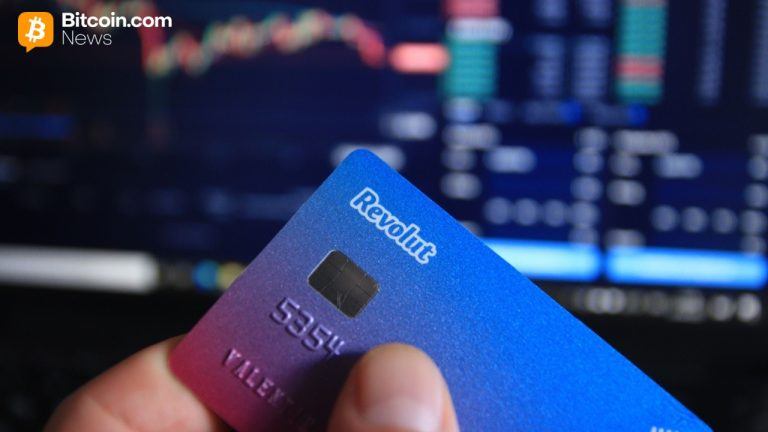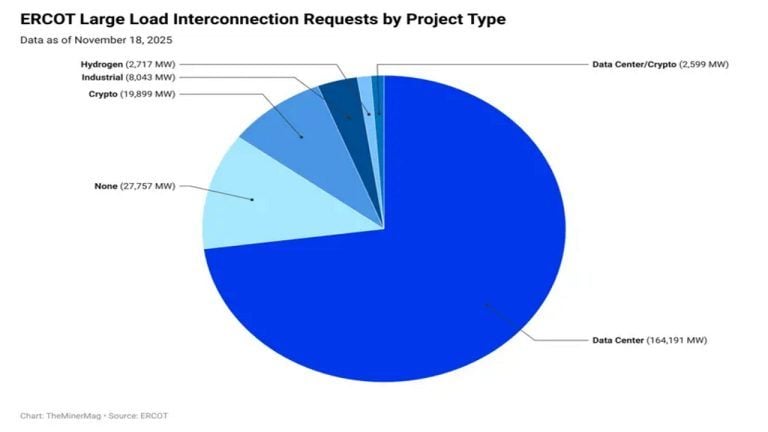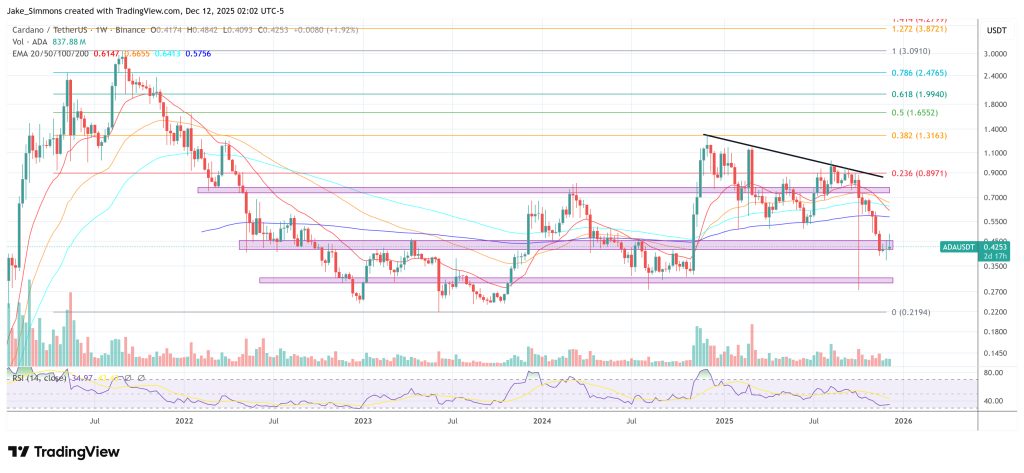 | The road to Bitcoin becoming an official legal payment instrument has been full of failures. Organizations such as the International Monetary Fund (IMF) explained their stance in their latest report. "No" to BTC as a legal payment instrument, "Yes" to regulating the space. Bitcoin as a legal payment instrument has had many scenarios going both ways. One was in favor of the cause, while the other was quite the opposite. Ultimately, the laws and regulations of individual countries determine the ability of Bitcoin to be recognized as a legal payment instrument. Some countries, such as El Salvador, have passed laws recognizing Bitcoin as a legal payment instrument. But since then, it has encountered obstacles on its path from regulators. Bitcoin adoption in different regionsA legal payment instrument refers to a country's currency law recognizing assets to be exempted from debt. While Bitcoin is currently not accepted as a legal payment instrument, it can be used as a means of exchange for goods and services in some countries. For example, Bitcoin is considered property for tax purposes and is not a legal payment instrument in the United States. However, it can still be used to purchase goods and services. It is worth noting that laws regarding legal payment instruments are usually enacted by governments to ensure a standard currency for transactions and regulate the money supply. Bitcoin operates outside of traditional government and banking systems as a decentralized digital currency. In doing so, Bitcoin questions the idea of a legal payment instrument. As the use and acceptance of Bitcoin and other cryptocurrencies continues to grow, countries are recognizing them as legal payment instruments. El Salvador was the first to accept Bitcoin as a legal payment instrument. Similarly, the Central African Republic became the first African nation to make Bitcoin legal tender. However, adopting Bitcoin as a legal payment instrument has raised several questions from various regulatory bodies, including the International Monetary Fund (IMF) last year. Growing debate over Bitcoin's useReiterating the same stance, the IMF, on February 23, published a document highlighting various reasons for not accepting cryptocurrencies such as BTC as a legal payment instrument. The report "Elements of Effective Policies for Crypto Assets" contains nine principles relating to macro-financial, legal and regulatory, and international coordination issues. We can read in it:
Obvious reasons not to choose BitcoinOverall, Bitcoin does have several drawbacks in the race to become a legal means of payment. Firstly, the volatility of Bitcoin's price may make it difficult to use as a reliable means of exchange. Its value can fluctuate sharply in a short period of time, creating significant uncertainty for users and merchants. Secondly, the lack of a central authority controlling the issuance and circulation of Bitcoin may make it susceptible to abuses such as money laundering, terrorism financing, and other illegal activities. This could undermine the integrity of the financial system and pose a risk to global financial stability. Conversely, according to the analytics firm Messari, fiat currency is used for money laundering 800 times more than cryptocurrency. Thirdly, limited acceptance of Bitcoin as a legal means of payment means that it may not be widely accepted in transactions, leading to challenges in using it as a medium of exchange. Nevertheless, the cryptocurrency community disagrees with MFT's narratives about cryptocurrencies. For example, one user tweeted: https://twitter.com/cryptonator1337/status/1628836277587001347?s=20 Another person presented a viewpoint that sheds light on countries accepting BTC regardless of censorship. https://twitter.com/Xentagz/status/1628815494798053378?s=20 Meanwhile, Twitter user and Bitcoiner Carl B Menger expressed happiness that countries are independent of the IMF and that they can "do what's best for their citizens." https://twitter.com/CarlBMenger/status/1628944377337810944?s=20 According to Dmitry Ivanov, CMO of the cryptocurrency payment ecosystem CoinsPaid, who spoke to BeInCrypto, he took a relatively neutral approach to the situation. Pros and cons to considerIn an email conversation, Ivanov said that the IMF recently recommended that regulators impose significant restrictions on digital currencies to protect monetary sovereignty. The fund also advised countries to prevent cryptocurrencies from being granted legal tender status in what appears to be a growing trend today.
The IMF's goal is clear: to centralize cryptocurrency and control it like the US dollar. Implementing this will help create a framework for taxation, eliminate legal risk, and supervise and monitor cryptocurrency market participants. While it may raise the entry threshold, it is beneficial when viewed holistically. "It cleans up the market from scammers and increases investor protection."
Can cryptocurrencies be banned?The simple answer is no, and IMF representatives are on the same side. But the sector needs regulatory work or means to remove scammers and dishonest individuals. IMF Managing Director Kristalina Georgieva told Bloomberg that it is better to regulate cryptocurrencies. https://twitter.com/crypto/status/1629355929849278473?s=20 Georgieva later issued another statement indicating that while the IMF may be interested in digital assets, it may be strict in terms of rules. Georgieva noted:
Overall, regulatory bodies are indeed taking steps to regulate the decentralized space. The Financial Stability Board (FSB), International Monetary Fund (IMF), and Bank for International Settlements (BIS) will provide documents and recommendations establishing standards for global cryptocurrency regulatory frameworks. Only time will tell whether these regulatory measures will help the cryptocurrency sector. [link] [comments] |

You can get bonuses upto $100 FREE BONUS when you:
💰 Install these recommended apps:
💲 SocialGood - 100% Crypto Back on Everyday Shopping
💲 xPortal - The DeFi For The Next Billion
💲 CryptoTab Browser - Lightweight, fast, and ready to mine!
💰 Register on these recommended exchanges:
🟡 Binance🟡 Bitfinex🟡 Bitmart🟡 Bittrex🟡 Bitget
🟡 CoinEx🟡 Crypto.com🟡 Gate.io🟡 Huobi🟡 Kucoin.




















Comments